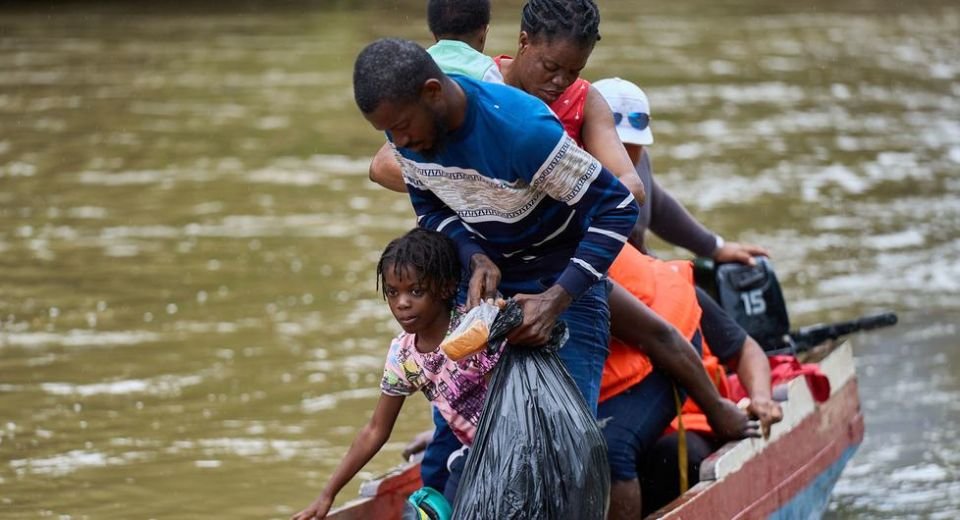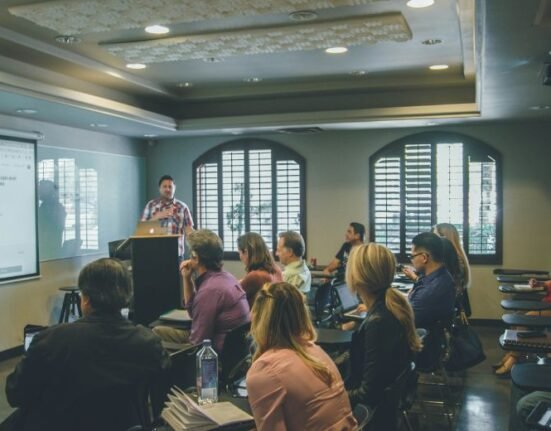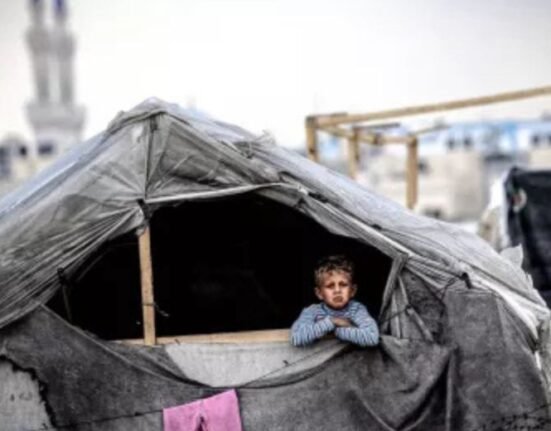HQ Team
September 6, 2023: About 330,000 migrants and refugees continue to cross the dense tropical jungle between Colombia and Panama risking their lives and facing human rights abuses, the UN stated.
This year the numbers were the highest annual figure recorded to date on their journey toward North America through the region called Darien Gap, according to the Office of the United Nations High Commissioner for Human Rights (OHCHR).
One in five people who are going through the Darien Gap is a child.
During the crossing, migrants and refugees are exposed to multiple human rights violations and abuses, including sexual violence – “a particular risk for children, women, LGBTI people and people with disabilities”, said OHCHR spokesperson, Marta Hurtado.
She added that there were also murders, disappearances, trafficking, robbery, and intimidation by organised crime groups.
Travelling on foot
Travelling on foot through the 575,000-hectare jungle was already perilous in itself, and a four to seven-day walk across the Darien Gap in the dry season could turn into a 10-day trip during the nine-month-long rainy season, Ms Hurtado said.
“The harrowing trek involves climbing steep mountains and crossing dangerous waterways.”
There was “limited humanitarian attention” both in Panama and Costa Rica and that worsened the precarious living conditions in the two countries and increased vulnerabilities.
In August, those crossing the jungle came mainly from Venezuela (55%), Haiti (14%), and Ecuador (14%), according to the UN, which quoted figures from Panamanian authorities.
Some are coming from Colombia and Peru and children of Haitian parents born in Chile and Brazil have been recorded too. Others come from as far away as China, Afghanistan and Nepal.
Capacity stretched
With the support of the international community, the government of Panama has built three migration centres to provide shelter, food, health care and water and sanitation for those on the move, the OHCHR stated.
Two are located in Darien province and one is at the border with Costa Rica.
“However, capacity remains stretched,” the OHCHR stated. “Amid rising numbers of incoming refugees and migrants, providing protection and aid was increasingly challenging for the authorities.”
OHCHR called on the international community to strengthen its support to the States in the Americas to close protection gaps and to help address the structural factors forcing people to leave their homes.
Back in August, the International Organisation for Migration and the United Nations High Commissioner for Refugees (OHCHR) also urged a “collaborative, comprehensive and regional approach” in responding to the humanitarian and protection needs of people on the move across the whole Latin America and the Caribbean.
‘Anti-migrant narratives’
Advocating for human rights-based solutions to migration governance challenges, OHCHR warned against “discriminatory, anti-migrant narratives” targeting vulnerable people on the move.
By the end of 2022, 108.4 million people were forcibly displaced worldwide as a result of persecution, conflict, violence or human rights violations. This includes 35.3 million refugees and 62.5 million internally displaced people.
As of May 2023, more than 110 million individuals were forcibly displaced worldwide — the largest ever single-year increase in forced displacement in UNHCR’s history, propelled by the war in Ukraine and other deadly conflicts.
Turkey continued to be the world’s largest refugee-hosting country, home to 3.6 million refugees or 10% of all people displaced across borders.








